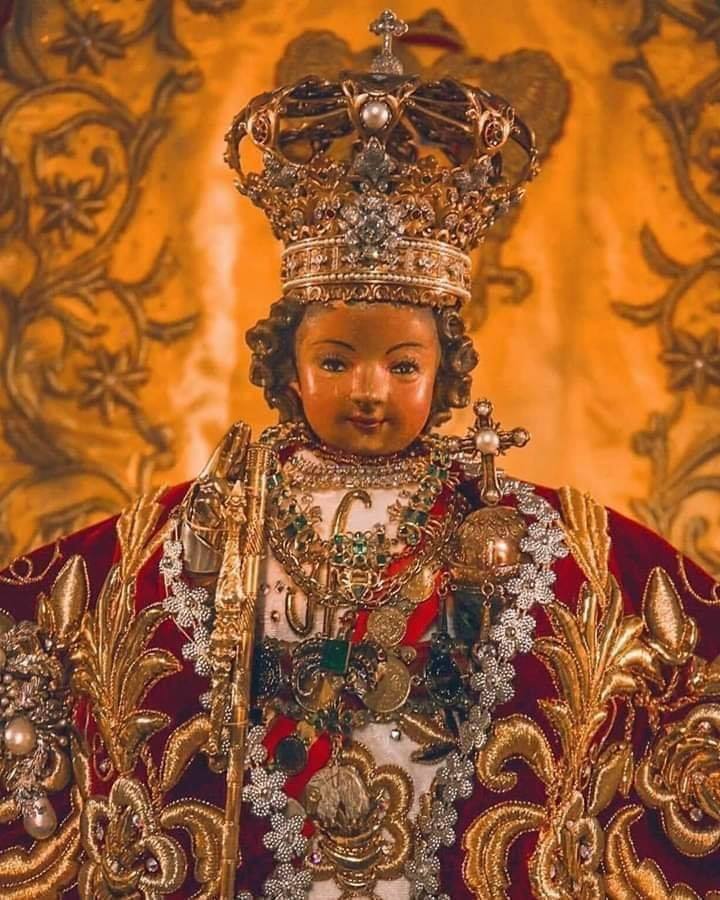May 1, 2022, Third Sunday of Easter (Memorial of St. Joseph, the Worker)
John 21:1-19, Year C
In the second, vv. 15-19, after their breakfast, Jesus and Peter had an intimate conversation. Jesus asked Peter three times, "Do you love me?" And every time, Peter replied, "Yes Lord, I love you," declaring his love for Jesus, whom he previously denied three times having known Him, Jesus commissioned Peter with the task of feeding and tending His sheep.
Throughout the scriptures, God’s people are referred to as sheep and Him as the Shepherd who cares for them, feeding, tending and pasturing them. In John 10: 11-14, Jesus introduces himself as the Good Shepherd, who lays down His life for the sheep. In Luke 15:4-7, (the Parable of the Lost Sheep) He is the Good Shepherd who searches out the lost sheep until He finds it. "And when he does find it, he sets it on his shoulders with great joy."
In the tasks of pasturing His flock, Jesus wants Peter and his successors, the Popes, Cardinals, Bishops, and priests to express their love for Him through the pastoral ministry of tending, caring for, and nourishing God’s people with spiritual food to bring them to maturity.
While this specific pastoral ministry is entrusted to the ordained, a common pastoral ministry was also entrusted to everyone, to the sheep themselves, when they were baptized. This pastoral ministry of the sheep is always nourished at every celebration of the Holy Eucharist particularly in the Holy Communion of the Word and the Word made Flesh, the Body of Christ. God feeds His sheep and, at the end of the celebration, the Dismissal, sends them forth as shepherds to tend and feed other members of the flock. He feeds us with His love that we may love Him in return by feeding others as well.
Now, in silence, let us ask ourselves,
"Am I expressing my love for Jesus in the way He wants me to as a shepherd?"
or Am I content with just being fed all the time without having to feed others?
Fr. Joel R. Lasutaz, SSS
Image credit: catholicforlife.com




